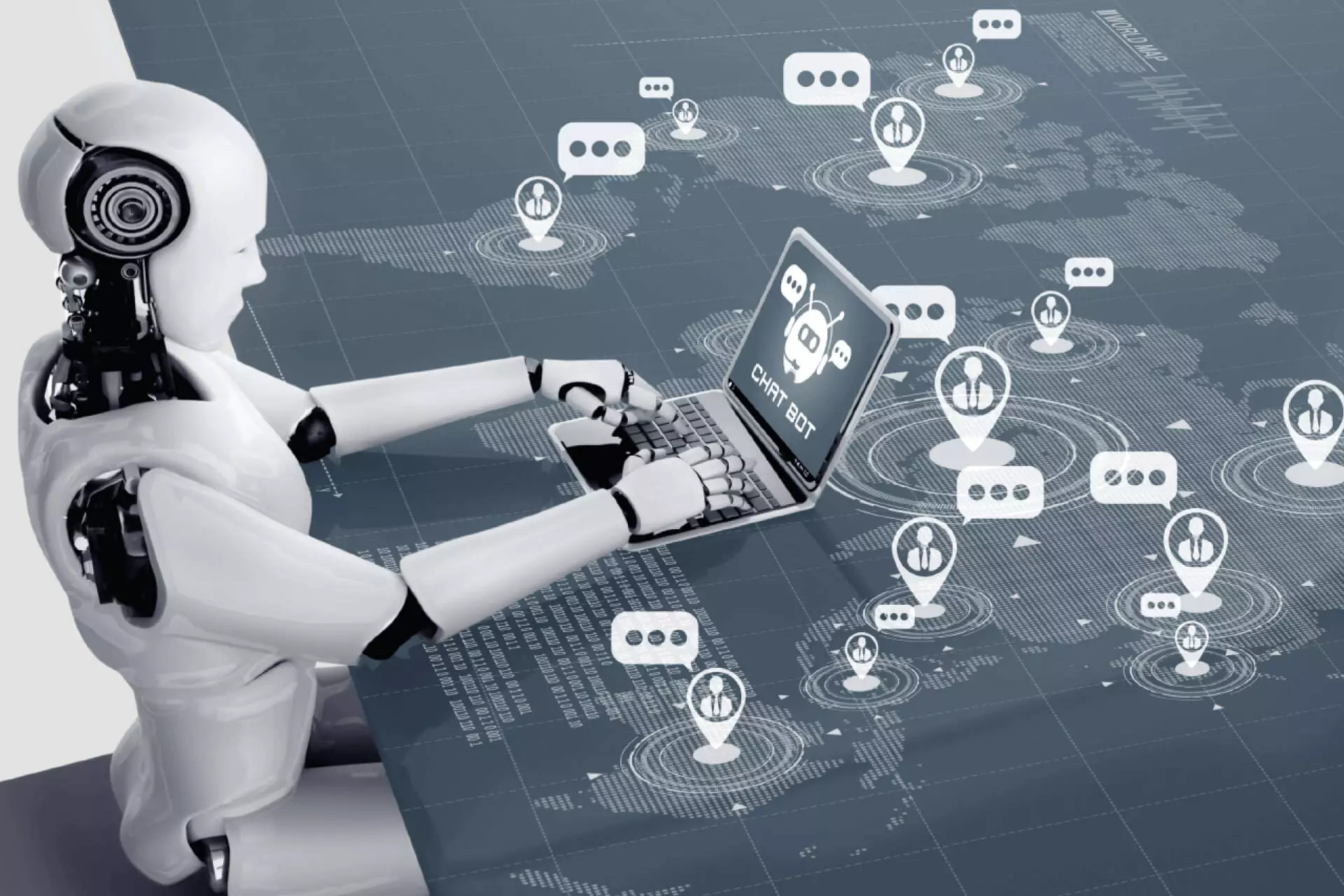In a world characterized by technological advancement and innovation, industries have been transformed. Leading players across various industries have taken advantage of the potential of robots and automation to streamline processes, enhance productivity and gain an edge on the market. At the center of this revolution is the field of robotics, an area that includes the creation, integration, and implementation of robotic systems across a variety of industries.
Understanding Robotics Applications
Robotics is the science and engineering which focuses on the design, construction as well as the operation and application of robots. The definition of a robot is that it is a device capable of performing tasks autonomously or under the guidance of humans. These machines are created to perform repetitive and intricate tasks, even in hazardous situations.

Robotics goes beyond automation. It encompasses a broad range of software that is designed to revolutionize industries and enhance the lives of humans. Robots are making their way into a variety of domains from manufacturing to healthcare as well as logistics and entertainment. They have a wide range of exciting possibilities.
The rise of Automation: a Paradigm Shift
Automation, particularly robotic automation, is at the core of modern industrial revolution. Automating businesses has altered the way they function. It has improved processes and improved efficiency. Automation is when robots or machines to perform tasks that require little or no human involvement, and utilizing technology to improve speed efficiency, precision, and accuracy.
The process of employing robots to help automate tasks that have traditionally been done by humans. The robots are developed to imitate human actions, making them versatile assets in a variety of industries. Robots change our work practices in any way, whether they’re making products in a factory or performing intricate surgeries in the field of healthcare.
Robotic Process Automation (RPA), the first to achieve efficiency
Robotic Process Automation (RPA) is an automation technology subset that makes use of robots in order to automate repetitive, rule-based tasks within business processes. RPA utilizes software robots or “bots” for routine operations. Human employees are able to concentrate on more complex tasks.
RPA has been an exciting development for many sectors, bringing accuracy as well as agility, and a cost-effective. From to invoice processing and data entry to customer service and HR processes, RPA is reshaping workflows and increasing the overall efficiency of companies.
Fanuc Robots: Advancing Industries through Robots
Fanuc is among the top players in the robotics field. This leader specializes in the design and integration of robots in a variety of industries. Fanuc robots are renowned for their reliability, precision as well as their versatility, making them a popular choice across different industries.
Fanuc Robots are revolutionizing industries. The robots were developed to improve productivity and boost throughput, while also maintaining high standards of quality. Fanuc’s innovative products are also developed with a keen eye on safety, removing workers away from potentially hazardous jobs.
Driving Competitivity The Fanuc Advantage
Fanuc robots can be a fantastic option to establish a competitive edge on your competition. Fanuc’s robotic solutions are efficient and effective, resulting in a greater ROI. By automating repetitive and labor-intensive tasks, companies can shift their resources to jobs that require creativity, problem-solving, and critical thinking, eventually fostering innovation and growth.
Fanuc offers a range of robotised solutions that are customized to meet the particular requirements of each sector. Fanuc’s innovative approach to developing and deploying robotic solutions permits industries to rapidly adapt to changing market needs and stay ahead of the market and sustainably grow.
A peek into the Future
The field of robotics, automation and technology is set to change as technology advances. Future advancements could include artificial intelligence improvements and sensors that are more accurate as well as increased cooperation with robots.
In conclusion the fusion of robots and automation, such as Robotic Process Automation and Fanuc robots are revolutionizing industries, and propelling them into the future. Robotics’ efficiency is assisting companies not only thrive in the crowded marketplace of today as well as to create new frontiers in technological innovation. As we sit on the eve of a brand new age, the power of robotics and automation will undoubtedly continue to shape the world we live in.














